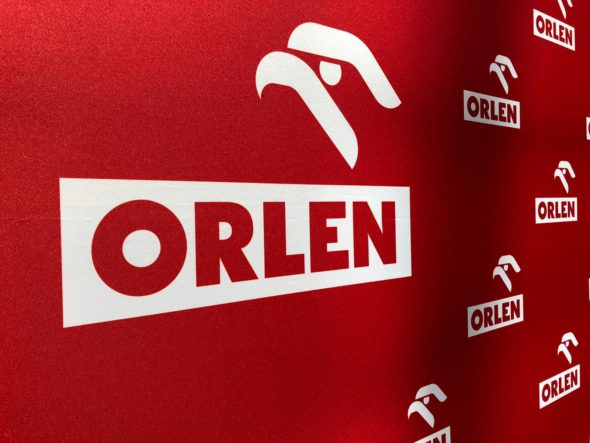What goes on in Poland on the 11th of January.
A mysterious repair is blocking the Druzhba Pipeline, just when it was supposed to be used for deliveries from outside Russia
Poland’s PERN has confirmed that the Druzhba pipeline is not pumping any oil from Russia, even though it was supposed to deliver this fuel from Kazakhstan to Germany. The German media have reported that this is due to a renovation. However, if the downtime turns into a longer supply cut, it will affect oil prices, which are record low despite the actions of the Russians.
„Oil supplies via the Druzhba pipeline through Russia are currently unavailable, due to a renovation and it is doubtful that the pipeline will restart after January 16, when the repairs were supposed to be officially completed,” the Märkische Oderzeitung (MOZ) reports. BiznesAlert.pl also reports that in fact Germans want to secure deliveries via Poland, as they are concerned that contrary to the hopes of Berlin, the Druzhba will not ensure a stable oil supply from Kazakhstan. Orlen confirmed to our portal that the renovation is to be completed on January 16.
BiznesAlert.pl was first to report that oil from Russia stopped flowing through the Druzhba on the New Year. On January 9th, we received confirmation that the deliveries had not been resumed. It is not clear whether this is the result of the renovation reported by MOZ or a preview of the return to problems known from 2019 when the pipe was off-line for several days due to issues with quality of the Russian oil. It is also worth recalling that the Druzhba underwent a renovation in January 2020, which ended successfully. Whereas in November 2022, the Druzhba was not transferring oil to the countries of Central and Eastern Europe as it got damaged in result of Russia’s military operation in Ukraine.
Poland and Germany were supposed to abandon oil from Russia by the end of the year. However, the sanctions on the northern strand of the Druzhba for which the countries were supposed to apply according to reports by BiznesAlert.pl, have not entered into force. PKN Orlen was supposed to continue its contracts with Russians – with Rosneft until the end of January and with Tatnieft until the end of 2024, or until the sanctions enter into force. It will not be possible to use the capacity booked from Transneft in 2023 until the renovation is over. Germany wanted to tap into a supply of non-Russian oil from Kazakhstan via the Druzhba, for which, according to revelations in the German media, Berlin had to get permission from the Kremlin.
Oil is at record lows. Brent costs about USD 80 per barrel. The Russians are forced to sell the Urals blend in some contracts from January 6 at a price of USD 38 per barrel. They had to agree to the discounted price due to the G7, the EU and Australia introducing a price cap on their oil, which is making it difficult for Russians to find new clients.
Orlen companies get four new concessions on Norwegian Shelf
PGNiG Upstream Norway and Lotos Norge, two Polish companies recently taken over by Poland’s leading oil and gas company PKN Orlen, have been granted stakes in four new exploration and extraction concessions on the Norwegian Shelf.
The Norwegian government, as part of its annual concession round, Awards in Predefined Areas, granted three concessions in which PGNiG Upstream Norway is a stakeholder and one in which Lotos Norge holds a stake. In total, 47 concessions were granted.
PGNiG Upstream Norway won 20-percent stakes in the PL1190 and PL1193 concessions in the Norwegian Sea and a 30-percent stake in the PL1172 concession also in the Norwegian Sea.
Lotos Exploration and Production Norge won a 20-percent stake in the PL1175 concession in the Norwegian Sea.









